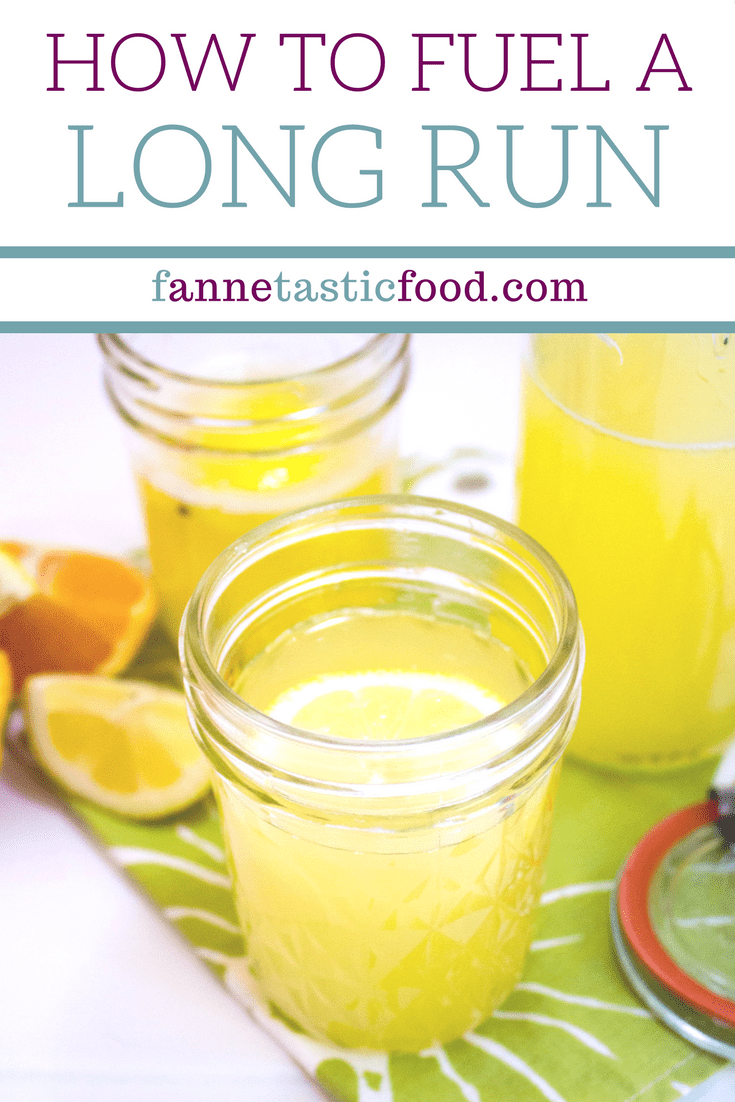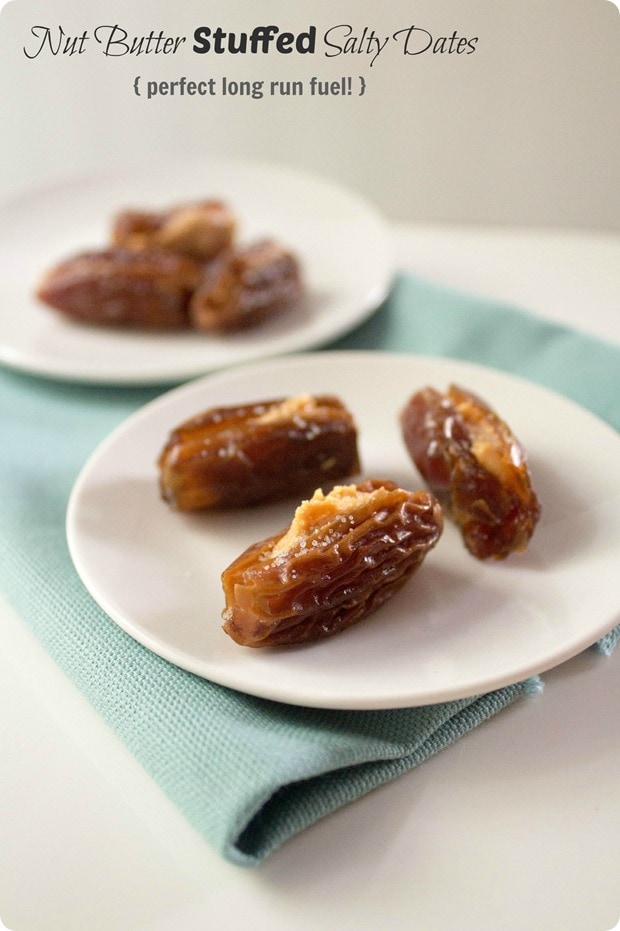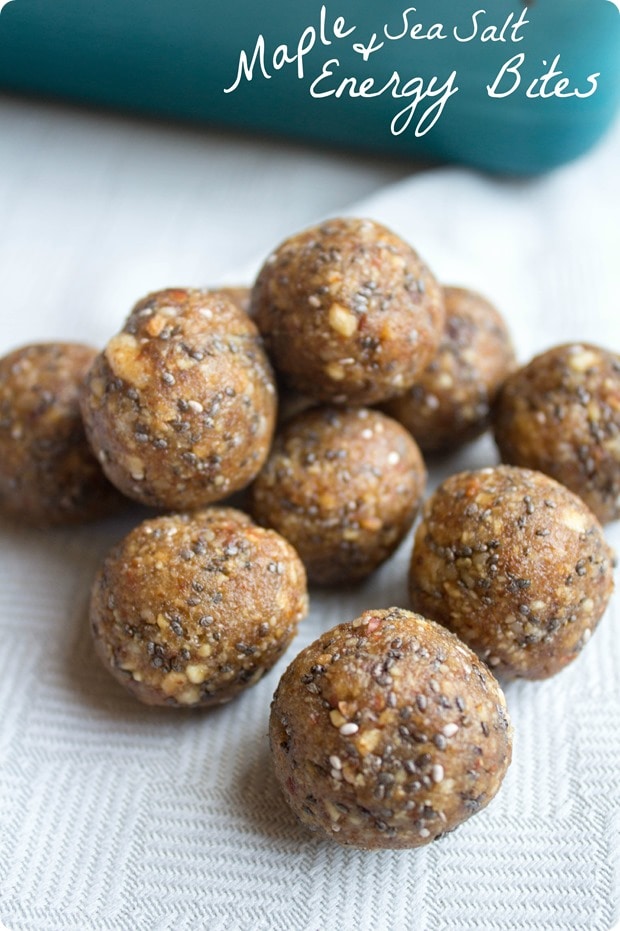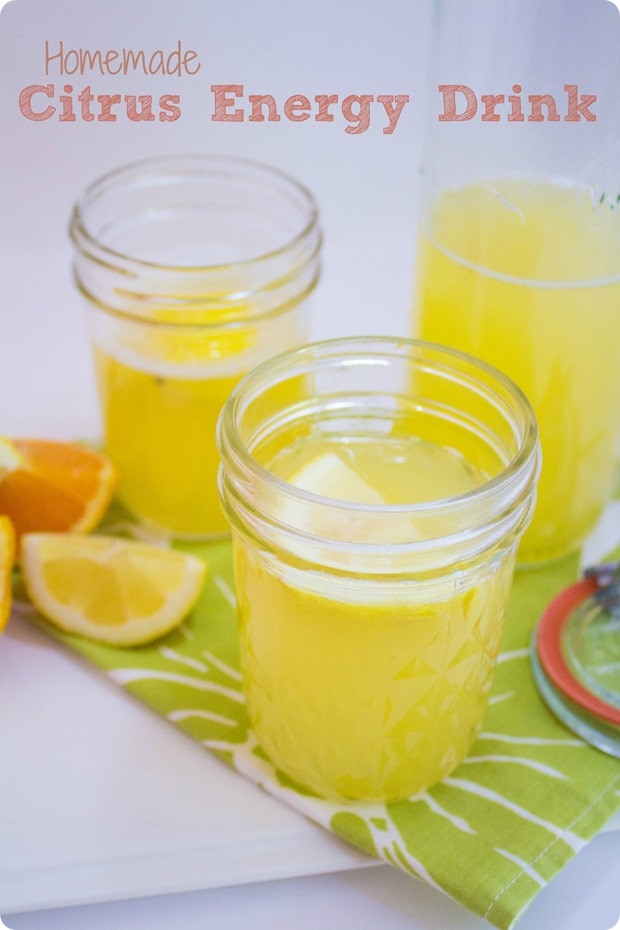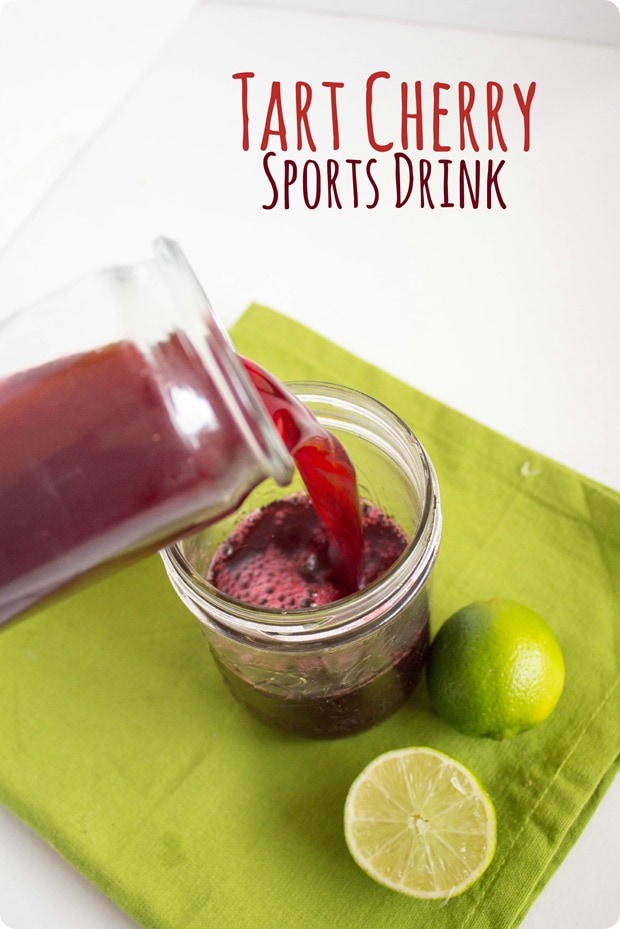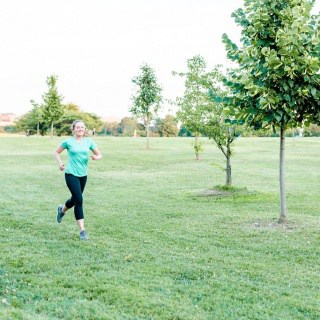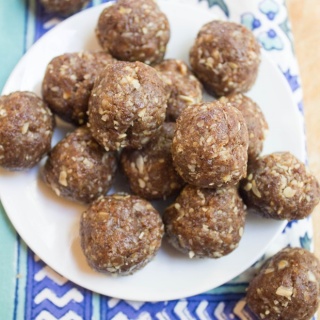As training for spring races is ramping up, I wanted to post today about something that I get a lot of questions about: what to eat during long runs!
Whether you’re new to distance running or have been running long distances for years, it’s important to understand how to keep your body fueled properly so you can go the distance.
Read on for some running nutrition Q&A – and my best real food fueling recipes! And don’t miss my other main fueling blog post: what to eat before and after a long run.
What to Eat During a Long Run
How much should I eat during my long runs?
When you’re running for longer than an hour, you’ll need to start fueling your run so that you don’t burn out before you’re done.
Your body is able to store carbohydrates to release as you exercise, but this “fuel tank” is limited – meaning your performance will suffer when you run for a long time without replenishing carbohydrates. Everyone’s needs are different based on height, weight, and exercise intensity, so it’s a good idea to build in a little trial and error time during your training.
For a quick rough estimate of how many carbohydrates you should take in while on a long run, divide your body weight in pounds by 4. This will give you a good starting point for the grams of carbs you should aim to take in per hour (for runs over 1 hour).
Also, consider consuming your fuel slowly over a couple miles, rather than taking it all down in one big bite/gulp. Eating or drinking too much at once while running can lead to cramps, so consuming a little bit at regular intervals keeps you fueled without overloading your body with a lot to digest at once.
What should I eat/drink during my long runs?
When planning what to bring on your long run, there are a few key components to keep in mind: carbohydrates, electrolytes, and fluids.
Simple carbohydrates are quickly and easily digested and turned into energy, so they’re ideal for taking on a run.
However, with longer long runs, I usually start to get sick of gels and hungry for more satisfying food, which is when I turn to fuel that has a little bit of fat and protein. The key is not to add too much fat or protein – these nutrients are harder to digest, which is great for keeping you full while you’re not exercising but can give you a stomach ache if eaten in large amounts during exercise.
Overall, carbohydrates are really what fuel your running, but adding some sustenance in the form of protein and fat are great to keep your energy levels more stable as you get into longer distances.
Electrolytes and fluids are the keys to making sure you stay hydrated.
As you exercise and sweat, you lose fluids and sodium, so you’ll need to replenish them in your fuel. When it comes to fluids, water is great, or you can consider adding in sports drinks to get in some of the carbohydrates you need while also hydrating with fluids and electrolytes.
To stay adequately hydrated, you’ll want to take in about 16 to 20 ounces (~475 to 600 mL) of water/fluid per hour. This number will vary based on how much you sweat and how hot it is outside, but it’s a good starting place and you can adjust as needed.

So – now that you know what kinds of nutrients you should be paying attention to, here are some of my favorite recipes for long-run fuel!
Store-bought energy gels and sports drinks are always an option and I use them frequently, but it’s also fun to mix it up with a more real-food approach to fueling.
Favorite recipes to fuel your long run:
Nut Butter Stuffed Salty Dates
Dates provide carbohydrates for energy as well as potassium, which can help to prevent cramps and support fluid balance for hydration.
The salt helps replace that lost from sweat, and the small amount of nut butter provides that little bit of fat and protein to keep you satisfied without being hard to digest.
These are my #1 favorite running fuel – I ate them ALL the time while training for my full marathons!
These energy bites are so easy to put together – just throw everything in the food processor and roll them into balls. The dates and maple syrup provide carbohydrates, while nuts add in the protein and fat that keep you satisfied.
The salty-sweet combo is not only delicious, but it also means that you’re getting the salt you need to replenish losses from sweat.
This drink recipe has the perfect breakdown of carbs, electrolytes, and fluids to keep you hydrated and fueled. Plus, I love that it’s made with real ingredients and has a thirst-quenching citrus flavor.
You can make it with water for less intense workouts or with coconut water for an extra boost of carbs and electrolytes to fuel your longest runs.
This sports drink gives you the carbs, electrolytes, and fluids you need for fuel and hydration – with an extra anti-inflammatory boost from tart cherry juice!
Tart cherries have been shown to decrease recovery time and help relieve muscle soreness, so tart cherry juice is a great addition to your running fuel.
Any specific questions or things you want me to cover in the follow up posts, just let me know!
More running related blog posts:



